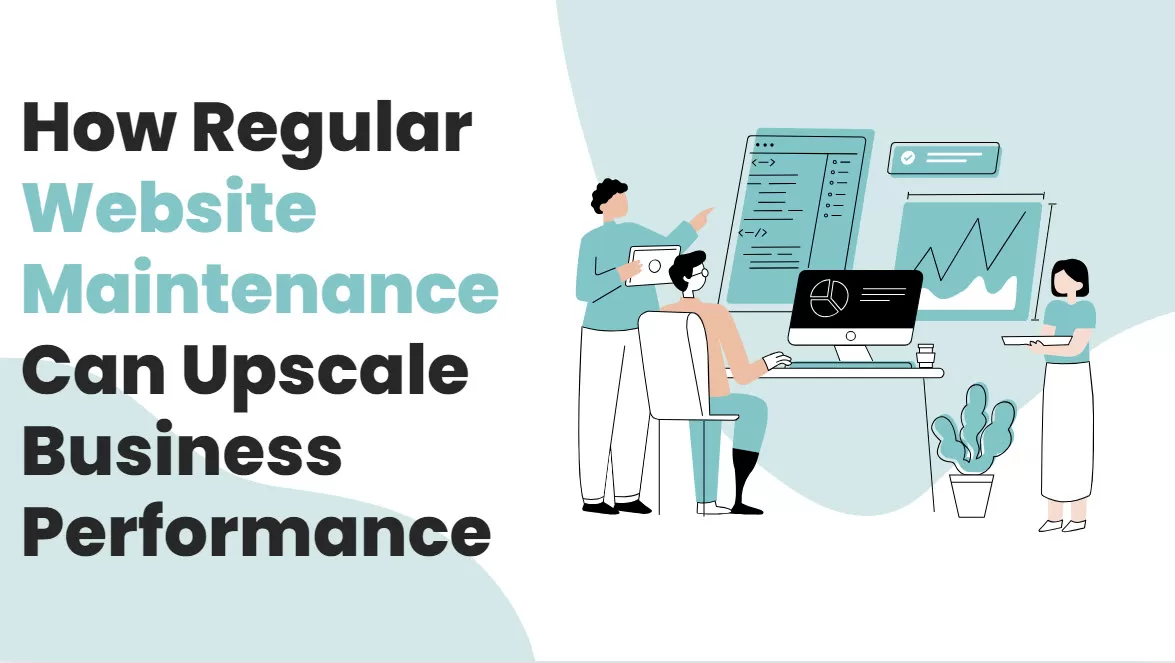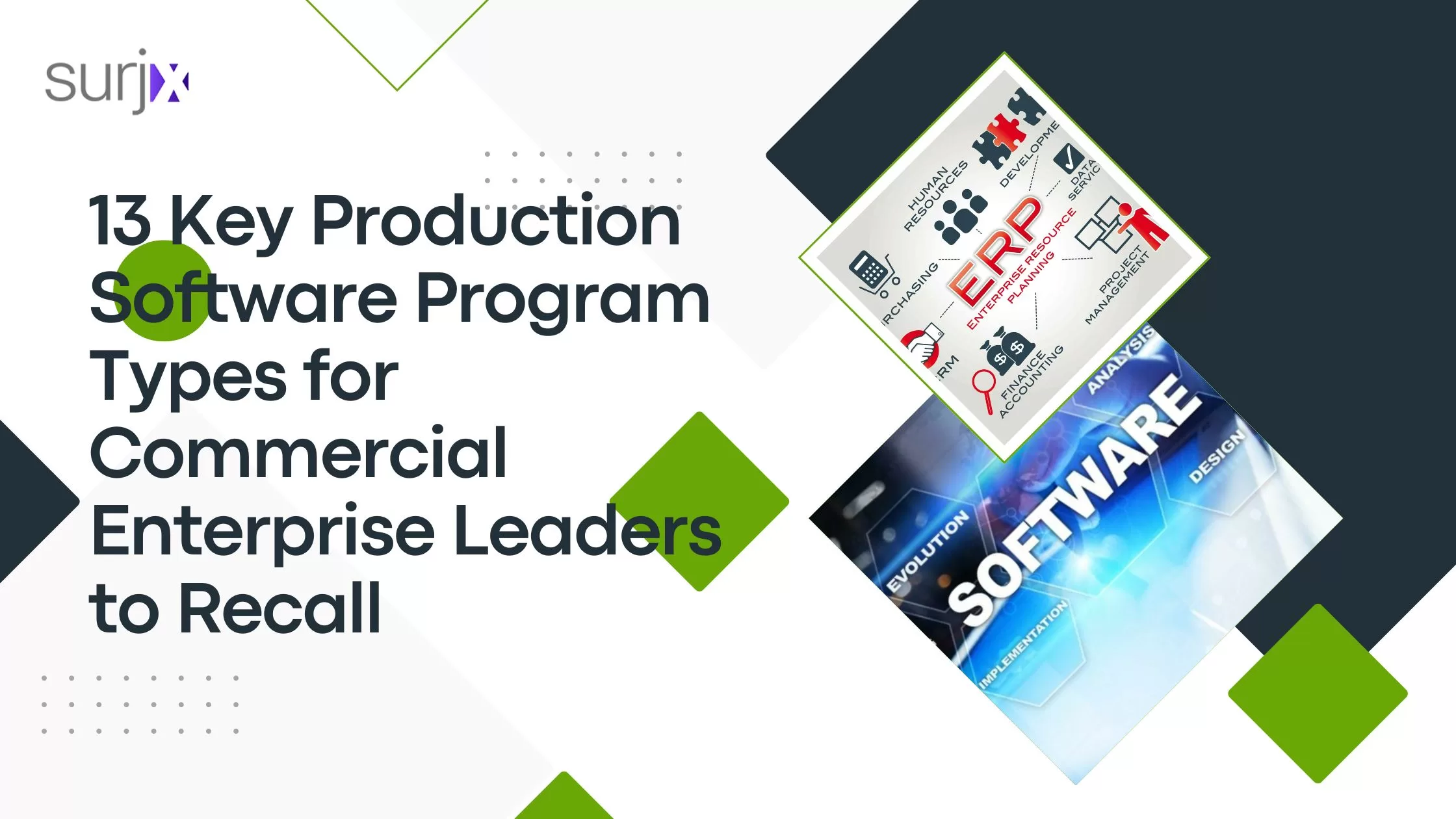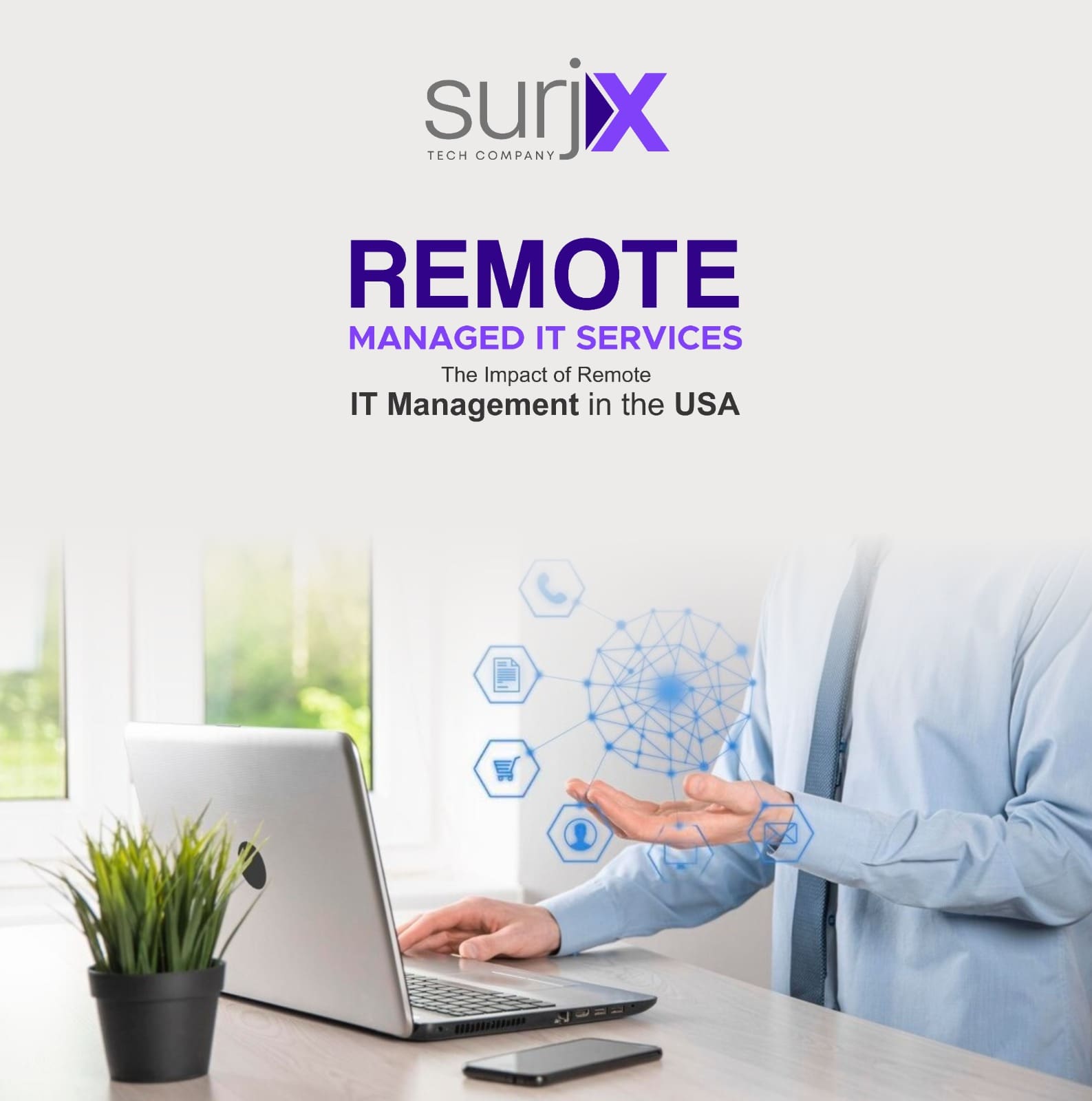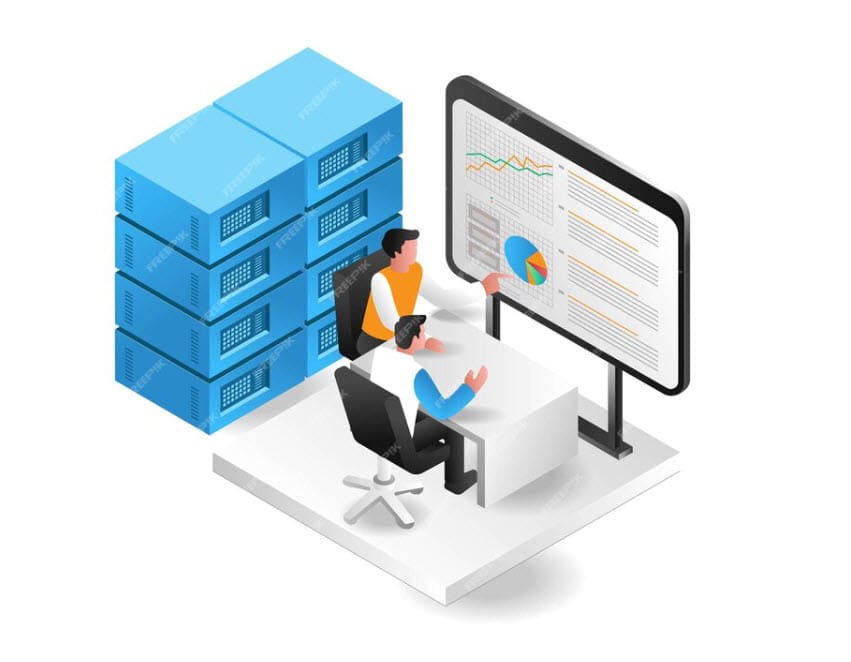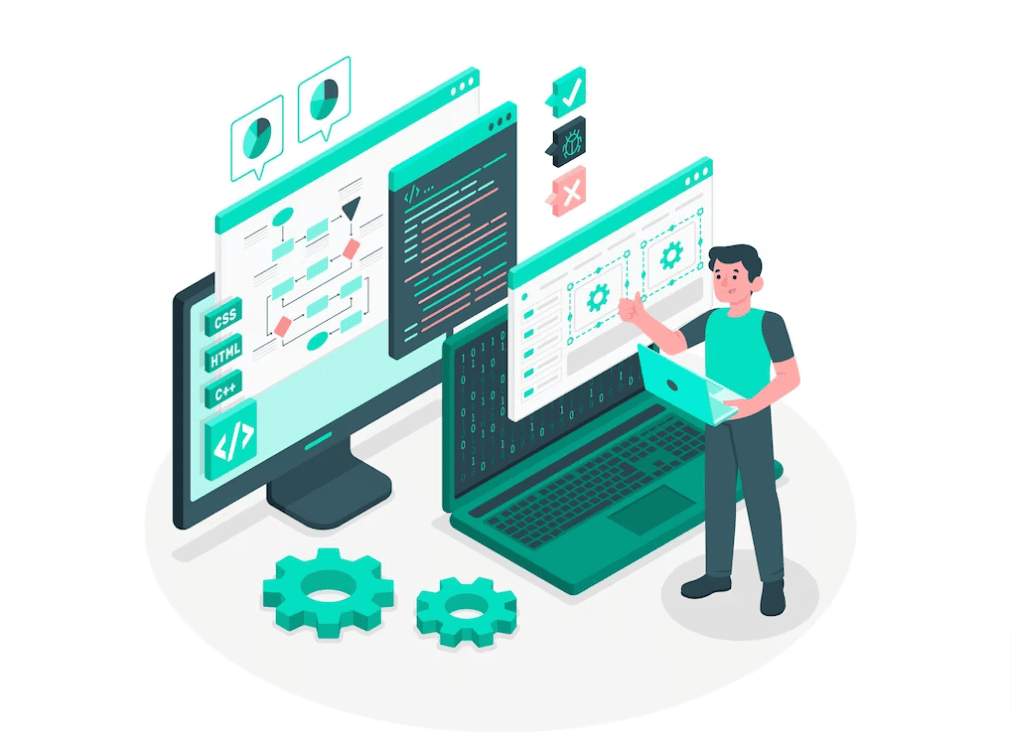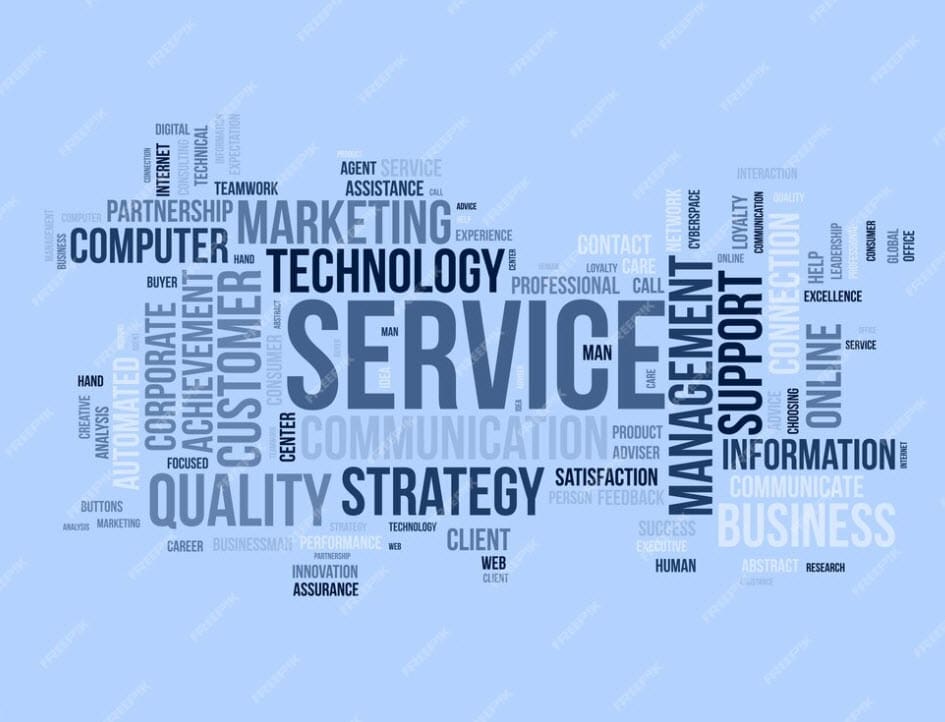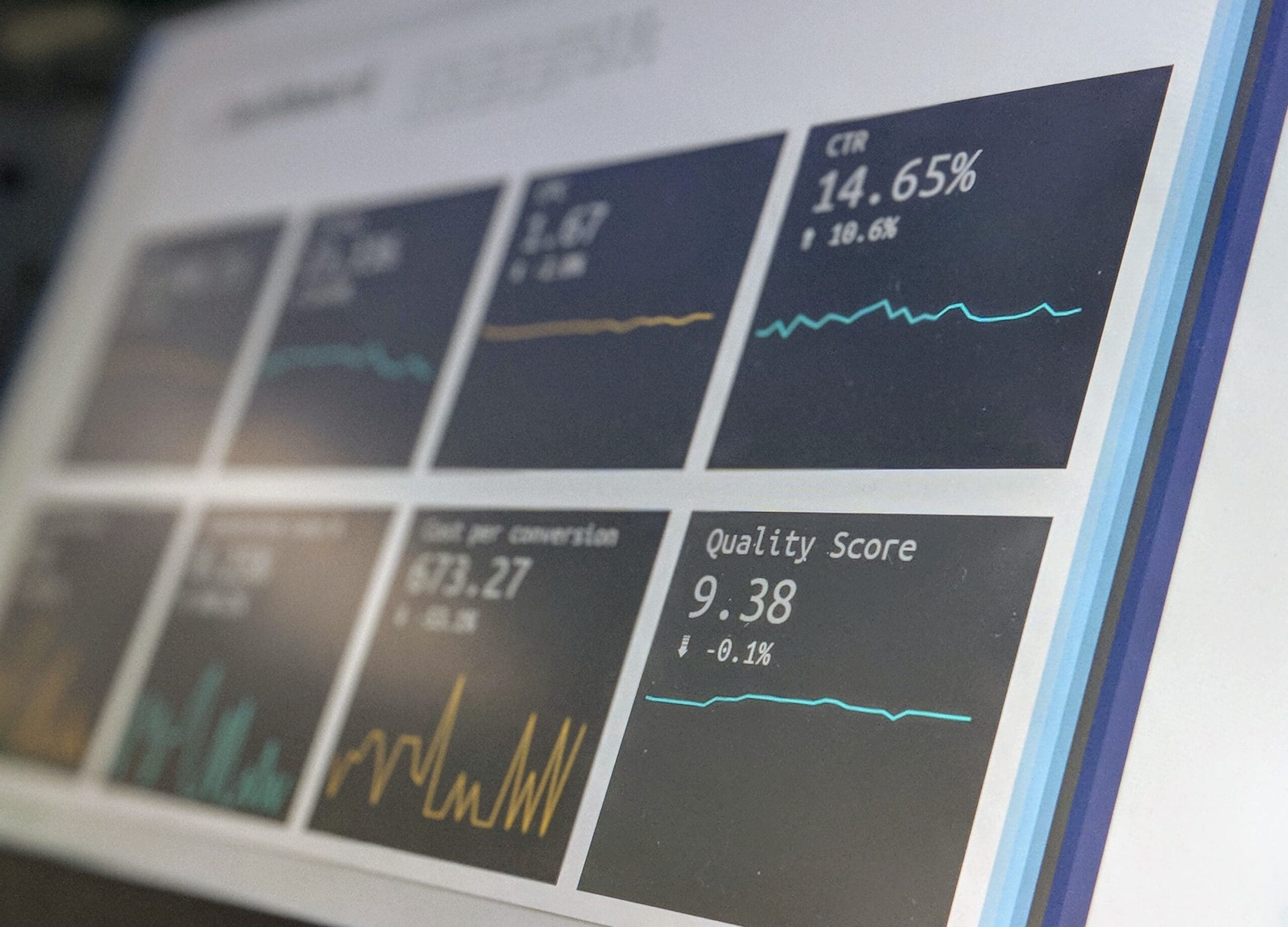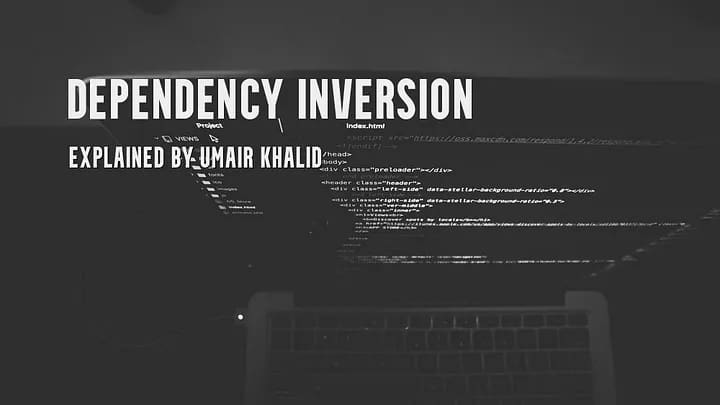Choose the Best Modern ERP for Your Business
The importance of modern enterprise resource planning (ERP) systems grows as businesses try to stay ahead of the trend. These advanced systems go beyond the capabilities of traditional ERPs, using modern technologies like cloud computing, machine learning and artificial intelligence to completely transform the way businesses run. This blog post aims to simplify the process of selecting the most modern ERP system by outlining its many advantages, possible drawbacks and practical examples that highlight how these solutions may revolutionize the present competitive business environment.
What exactly is Modern ERP?
ERP or modern enterprise resource planning is a fundamental shift in how companies run their operations. These complex systems change how businesses function in the digital age by combining key business operations and using a range of modern technologies. Predictive analytics is made possible by artificial intelligence (AI) and machine learning (ML) features integrated into contemporary ERP systems. This enables companies to identify potential trends, streamline processes and make data-driven decisions beforehand.
The foundation of contemporary ERP is cloud computing which provides unmatched accessibility and flexibility. Cloud-based ERP Systems for Small Businesses enable geographically distributed teams to collaborate in real-time and guarantee that all stakeholders have immediate access to the most recent data. This encourages responsiveness which helps companies take advantage of new opportunities and quickly adjust to changes in the market.
Another unique attribute of contemporary ERP is real-time analytics which gives managers immediate access to crucial performance metrics. This increases overall business Adaptability by enabling decision-makers to react quickly to market shifts and make strategic adjustments.
Modern ERP systems that incorporate these advanced features include the following examples:
- SAP S/4HANA: SAP S/4HANA gives enterprises real-time analytics and predictive insights by fusing AI and ML abilities with an in-memory database. It is evidence of SAP’s dedication to expanding the capabilities of conventional ERP.
- Oracle Cloud ERP: This software uses artificial intelligence (AI) to improve decision-making, automate repetitive tasks, and streamline corporate operations. As a result of its cloud-based architecture which meets the various needs of contemporary businesses, it is both scalable and accessible.
- Microsoft Dynamics 365: AI-driven insights are integrated into Microsoft Dynamics 365 to improve customer interaction and operational efficiency. This software effortlessly combines ERP and CRM features.
- Infor Cloud Suite: Infor Cloud Suite uses cloud computing to provide ERP solutions tailored to particular industries. Its emphasis on the user experience combined with AI-powered analytics makes it a strong option for businesses looking for a customized and advanced ERP system.
These examples show how AI, ML, cloud computing, and real-time analytics are all used by current ERP systems to give businesses the advantages they need to succeed in the highly competitive marketplace of today.
Advantages of Contemporary ERP
- Enhanced Efficiency: By automating repetitive operations, modern ERPs cut down on human labor and mistake risk. As a result, operations become more efficient, freeing up staff members to concentrate on more strategically important tasks.
- Enhanced Collaboration: Modern ERPs facilitate easy communication and cooperation across many departments with features like real-time data access and collaborative tools. Better coordination and a more unified approach to corporate processes are made possible by this.
- Data-driven Decision Making: To give real-time insights into corporate performance, modern ERP systems make use of advanced analytics and reporting capabilities. By providing decision-makers with accurate and current information, this enables them to make well-informed decisions that advance the company.
- Scalability: Modern ERP systems are scalable, making it simple for businesses to adjust to changing needs as they expand and change. Specifically, cloud-based solutions offer the flexibility required to scale operations up or down as needed.
- Customer Satisfaction: Modern ERPs enhance the customer experience by expediting procedures and speeding up response times. This includes expedited order processing, better inventory control, and greater communication, all of which eventually result in increased client satisfaction.
Few challenges you might face
- Costs of Implementation: The initial outlay for software, hardware and implementation is one of the major obstacles to the adoption of modern ERP. For small and medium-sized businesses (SMEs), these expenses could be unaffordable.
- Complexity and Customization: The complex nature of contemporary ERP systems might occasionally make implementation procedures difficult. Furthermore, customization to meet certain company requirements could complicate matters further and call for professional knowledge.
- Opposition to Change: Workers used to outdated procedures could be reluctant to switch to a contemporary ERP system. To overcome this obstacle and guarantee a seamless transition, appropriate training and change management techniques are needed.
- Data Security Issues: Keeping private company information on cloud-based ERP systems may give rise to data security issues. Ensuring compliance with data protection requirements and implementing strong security measures are imperative for businesses.
Conclusion
To sum up, the process of choosing the finest contemporary ERP system is an important decision that demands a deep comprehension of the particular needs and goals of your company. Modern ERP Systems for Small Businesses provide many benefits, including the capacity to improve operational effectiveness, encourage teamwork, and offer data-driven insights. However, it’s important to be aware of potential drawbacks, including change resistance and implementation costs. In order to guarantee that the ERP you select easily integrates with your business strategy and financial considerations, it is imperative to strike a balance between innovation and practicality.
Choosing an ERP solution that is both scalable and flexible will not only meet your company’s immediate demands, but also set it up for success in the face of future changes in the industry. Businesses may fully realize the benefits of ERP systems and become competitive in the ever-changing business landscape of the future by adopting an informed and proactive approach to ERP choices.
Share this article
Written by : admin
Latest Articles
June 21, 2024
June 11, 2024
June 10, 2024
May 31, 2024
May 27, 2024
May 10, 2024
February 1, 2024
December 28, 2023
December 26, 2023
December 18, 2023
December 15, 2023
September 26, 2023
September 21, 2023
September 19, 2023
September 19, 2023
September 12, 2023
September 5, 2023
August 29, 2023
March 31, 2023
March 20, 2023
March 13, 2023
March 13, 2023
March 13, 2023
March 13, 2023
March 13, 2023



